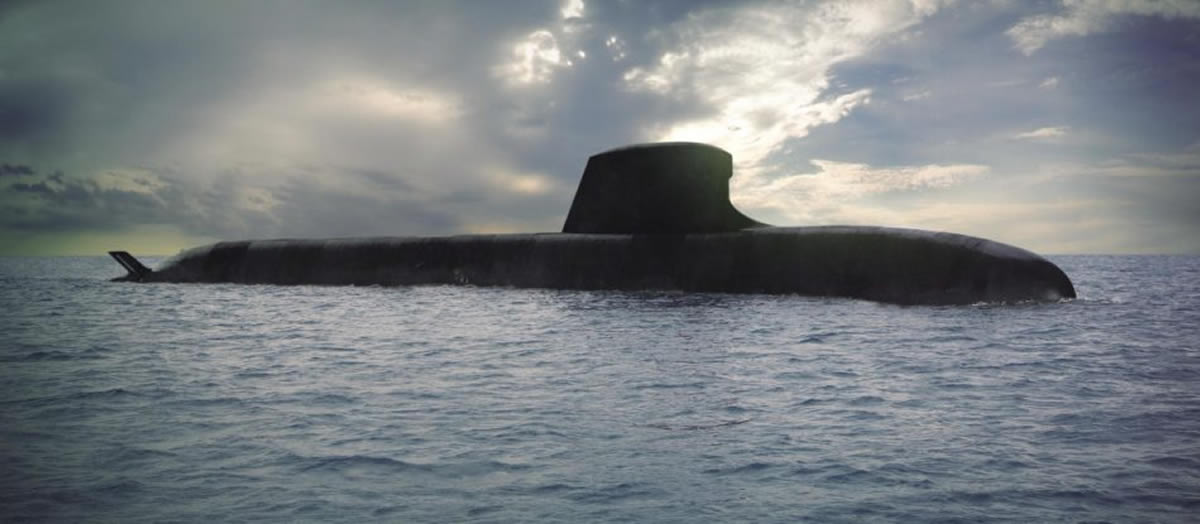Will someone please dig a little deeper? The truth may surprise us.
(Please share this story with your contacts!)
Prompting my question is the recent headline “The French Defence Minister has welcomed the A$830 million settlement to be paid by the Australian Government to French submarine builder Naval Group over a contract cancelled under Scott Morrison”.
Prime Minister Albanese called the deal “fair and equitable”.
Who would know?
Who arrived at this figure and how was it calculated?
For a deeply indebted country, like Australia, $830 million – nearly $1 billion – is a lot of money to write-off without some supporting documentation.
Perhaps no one cares?
Let me put it another way. For our government to pay out $830 million (at the normal efficiency rating of governments) they will need to collect from taxpayers approx. $6.64 billion.
What is the full story?
Who told me?
Shortly after the submarine order was placed, a very senior French executive from one of Naval Group’s participants gloated to me, over copious rounds of drinks, that their “chief negotiator” had stitched up the Australian Government.
The French had fielded a top professional negotiator and had offered her an extraordinary success fee. So high, in fact, that she would never ever have to work again.
He assured me that this professional negotiator had been made to disappear, to the extent that she could never be located or ever interviewed.
Another interesting angle he explained, in detail to me, was that two parallel sets of drawings were being prepared. The French team knew full-well that at some stage it would be obvious to the Australian Government that they had erred in their insistence on diesel (non-nuclear) submarines.
Naval Group would then “come to our rescue” and agree to a nuclear substitution, but at an eye-watering “variation fee”.
I wonder if the Australian “negotiators” or Prime Minister Albanese have ever been made aware of this vital information?
I advised the then Attorney General of this story on the day they announced the cancellation of the contract but, have no idea if it was taken any further.
It would be a relatively simple task for a highly credentialled investigative journalist to check the validity of this story, as told to me.
If the story is true, it may be inferred that the “break fee” may be more in the order of $100,000 and not nearly $1 billion.
In my view, Australia’s leading investigative journalist is Robert Gottliebsen AM, of The Australian, so I will copy this to him.
He is Australia’s only journalist who got two major stories correct:-
- Why Australia no longer has a car industry.
- How the union-controlled superannuation funds have captured Australia’s investment industry and are managing to terrorise public company executives by belting them over the head with the bludgeon of “wokeness”.
Regards,
Ron
We invite your responses, feedback and suggestions. Please write in the comments box below. If this article resonates with you, please SHARE!

1 Comment
Dear Ron,
This topic is yet another one that I would love to discuss.
A few notes that may trigger further thoughts:
The challenge
A military, weaponised submarine is likely the most complex engineering machine yet built by human kind. I had a debate on this with a few university professors and whilst some continued to disagree they struggled to present something more sophisticated.
Any design is complex and first of class will always face massive technical difficulties.
Changing propulsion from nuclear to diesel is basically redesigning a totally new submarine but with significant technical constraints that a new design won’t have
Typical questions that we should have asked:
Have you ever transformed a nuclear sub into a diesel one? Basic question that any procurement in the world would ask.
If you haven’t done it (which no one else ever did) how can you estimate the technical risk and the overall cost and timeline?
Once the agreement was signed, performance must be managed tightly.
Did the Naval Group perform?
If they did, why did the price increase significantly and the timeframe blew out?
If they didn’t, why pay them an exit fee?
Accountability
The amount lost is not just the mere exit fee paid at the end but also the cost paid to Naval Group and to the entire Australian contingent working on it from the day the tenders started to the day the exit fee was paid.
The other more important loss: years later of ‘experts’, ‘advisors’, ‘paperwork’ and ‘governance’ …. And we have nothing. Actually we do have the debt incurred for all these expenses…. And the duty to pay it pack. Lessons learnt are not more than expensive stuff ups….
Who is held accountable? Likely no one. Ever. If this is discussed, no one ever did anything wrong but the outcome is a disaster.
Who pays? The same people that always pay. The taxpayers.
I trust that above will initiate some further discussions
Best,
Peter